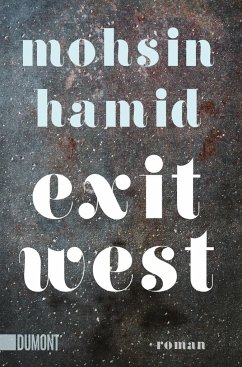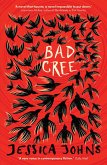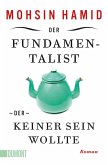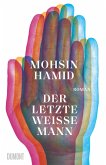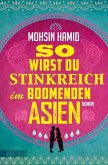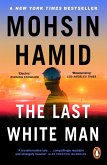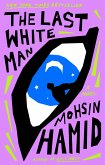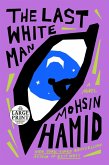The city is already at war when Saeed first meets Nadia in an evening class. Yet, there is still something like an ordinary life. Both of them go to work, go shopping and spend time on the Internet. Their love is not passion at first sight, it develops slowly and as they are falling in love, life
becomes increasingly difficult and dangerous in their hometown. Violence becomes a normal factor in…mehrThe city is already at war when Saeed first meets Nadia in an evening class. Yet, there is still something like an ordinary life. Both of them go to work, go shopping and spend time on the Internet. Their love is not passion at first sight, it develops slowly and as they are falling in love, life becomes increasingly difficult and dangerous in their hometown. Violence becomes a normal factor in their lives and when the war finally arrives also in their quarter, they have to make a decision: do they want to spend the rest of their time together? When Saeed’s mother is killed, Nadia moves in with him and his father. But the situation becomes more and more complicated and so they finally decide to leave and follow thousands of others into a better life in the west.
Mohsin Hamid does not give any name to Saeed’s and Nadia’s hometown, from the information we can find in the novel, I gather it must be in Syria or one of the neighbouring countries. What I found quite impressive was, first of all, how everyday life can be arranged in times of war. People adapt to the situation, find ways of coping with limitations in their freedom of moving around when curfews are announced and can even organise their life around religious regulations ordered by the rulers. When food is limited and even their own flats are not secure anymore, they maintain at least the impression of normality.
The second aspect I especially appreciated was the character of Nadia. Even before the story begins, she is a free spirit, lives according to her own rules and does not let herself be dominated by the men in a man-dominated country. The fact that she as a single woman who lives alone is already impressive, but her real strength becomes only obvious when she and Saeed leave the country and have to rearrange their life in foreign places. In contrast to Saeed, she does not look back and search for familiar people who speak the same language and practise the same religion. Nadia can really adapt to new situations and show her intelligence and capacities of bonding with people. She is not afraid, she has already lost her home country, her family and gave up everything.
Exit West contributes to the current politically most discussed topic in Europe. Yet, it does not highlight the political dimension of the quasi exodus of a whole generation, but focuses on the personal perspective. With Saeed and Nadia, we have a loving couple who leave behind different lives and who struggle in very different ways with their role as refugees. How the citizens of London react to the newcomers could be interesting to look at more closely, just as the development of their relationship over the course of time. The role of men and women in the different countries is also worth another thought. Yet, everything cannot be mentioned in a review, particularly if a novel offers that much as Exit West does. It is also Hamid’s style of writing which contributes to making the novel stand out in the masses of new publications. With a plain, very direct way of narration, the author can hit the reader deeply and hinder anybody from just reading the novel, closing the book and forgetting about it.

